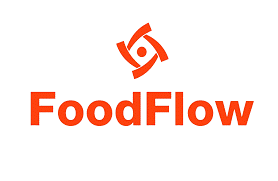On Wednesday, 17 April 2024, an informative meeting was organized as part of Project LIFE-IP CYzero WASTE with the development team of tool FoodFlow. FoodFlow was developed as part of the Research and Innovation Foundation’s Pre-Seed Programme, in collaboration with Frederick University, Grant Expert Consulting, the Cyprus Chefs Association and the Atlantica Aqua Blue Hotel. Its aim is to contribute to reducing food waste in the hospitality sector through data recording and monitoring.
The main subject of the meeting was to inform the Project team of LIFE-IP CYzero WASTE about the operation of FoodFlow tool, the benefits that its potential application in hotel kitchens will bring, and the positions/views of stakeholders in the hospitality sector, as gathered during demonstrations of the tool at various conferences – landmarks in Cyprus regarding the hotel industry and hospitality.
At the outset of the meeting, actions aimed at mitigating food waste and reducing agricultural waste were introduced, alongside plans for educational initiatives, information dissemination, and awareness campaigns planned for implementation throughout the eight-year duration of the project. These were proposed as potential areas for collaborative efforts.
Subsequently, the founder and CEO of tool, Mr Panayiotis Philippou, as well as his collaborator, Mr. Achilleas Achilleos, explaining the operation of the tool, mentioning that it is based on a camera, a digital scale, and a tablet with AI software. Through the following 3 steps –
Step 1: Placing the tray containing food waste under the camera for taking a photo,
Step 2: Discarding food into the bin for automatic weighing of the quantity, and
Step 3: Recording the reason for rejection for further statistical analysis,
chefs, managers, and hotel owners are able to collect useful information about what was discarded, in what quantity, and for what reason. This information is crucial for implementing structural actions to address food waste, as assessing these areas outlines areas of surplus production.
At the current stage of the meeting, the tool was in the testing and optimization phase, and in the immediate future, it is expected to be piloted at the Atlantica Aqua Blue Hotel, providing detailed data on the extent of food waste in the area of its application study and illustrating both the environmental impacts and the economic losses resulting from it.
This interesting meeting created an environment of open communication between the two projects, aiming to further explore possible ways of cooperation that were formulated during the discussion. Finally, it is noted that the Project LIFE-IP CYzero WASTE aims to conduct other similar meetings, actively encouraging other stakeholders to communicate with them and share tools and actions related to the prevention of municipal solid waste creation, reuse, and recycling. Promoting sustainable municipal solid waste management and protecting the environment are achieved through collaboration and coordinated efforts among various stakeholders.


